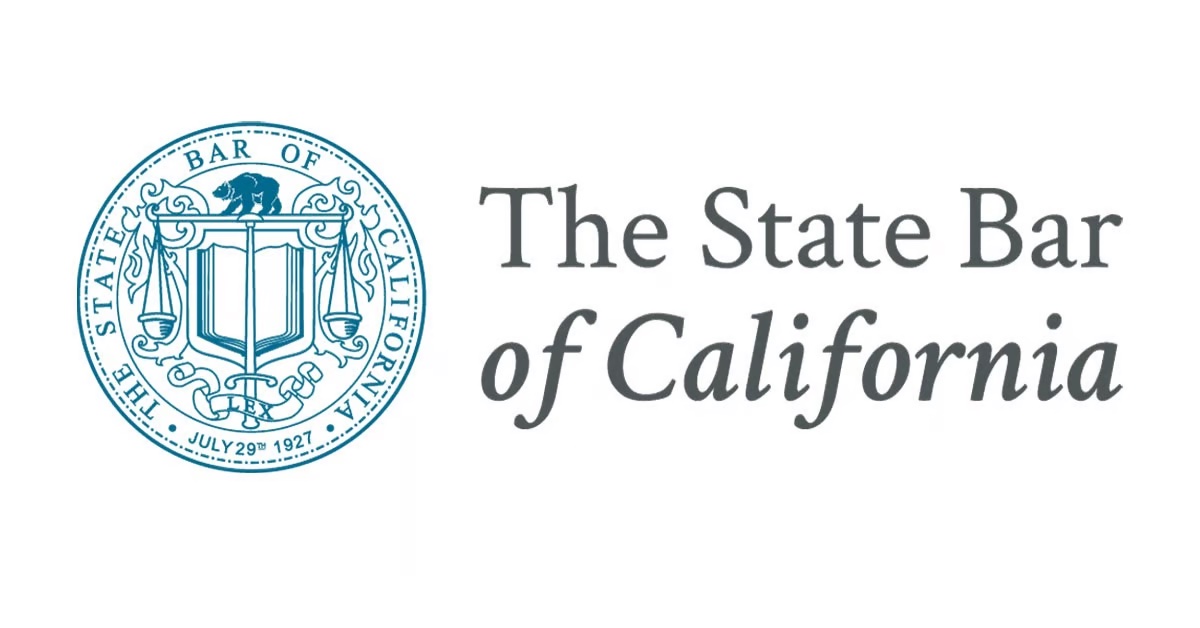and Probate Law Firm
Gun Trusts
As an estate planning lawyer in Folsom, I work with clients who own firearms with great monetary and sentimental value. As such, gun trusts are a topic that sometimes arise. A gun trust is a legal entity created to hold firearms in accordance with federal and state laws in the United States. The primary purpose of a gun trust is to simplify the process of acquiring, possessing, and transferring firearms, especially those regulated by the National Firearms Act (NFA). The NFA imposes restrictions on certain types of firearms, including but not limited to, machine guns, short-barreled rifles, short-barreled shotguns, silencers, and destructive devices.
Here are some key points about gun trusts:
- NFA Regulations: When an individual wants to acquire an NFA-regulated firearm, they typically need to go through an extensive application process, including obtaining approval from the Bureau of Alcohol, Tobacco, Firearms and Explosives (ATF). Using a gun trust can streamline this process.
- Multiple Trustees: One advantage of a gun trust is that it allows multiple individuals to be listed as trustees. All trustees named in the trust can legally possess and use the NFA items owned by the trust. This can be useful for family members or friends who want to share access to firearms.
- Estate Planning: Gun trusts are also commonly used for estate planning purposes. When preparing an estate plan, individuals will often factor in multiple assets that they may own. For example, their assets may include their homes, their cars, bank accounts and other valuables. Within this “other valuables” category is personal property, and for some gun owners, their firearms often carry significant personal and monetary value. The gun trust can provide a legal framework for the smooth transfer of firearms to heirs without the need for probate, and they can help ensure that the transfer complies with all applicable laws.
- Privacy: Using a gun trust can provide a level of privacy, as the trust’s documentation is not a matter of public record in the same way that individual ownership may be. As stated above, a gun trust can provide for a smooth transfer of firearms without the need for probate. This is important because assets listed in a deceased’s probate are matters of public record, meaning that any member of the public can see which firearms were owned and to what extent the deceased held firearms. For many families, they do not wish for such matters to become public record.
- Compliance: It’s crucial to create and manage a gun trust in compliance with all federal and state laws. Failure to do so could result in legal consequences.
- Legal Assistance: Creating a gun trust should be done with the assistance of a qualified attorney who is knowledgeable about firearms laws. Trusts are complicated legal entities and it is not recommended to try to execute this on your own.
Conclusion
It’s important to note that laws and regulations related to firearms, including NFA items, can vary by state. Therefore, it’s advisable to seek legal advice from a Folsom estate planning attorney familiar with both federal and state firearms laws when considering the creation of a gun trust. If you have any other questions about gun trusts, contact Thapar Law at 916-579-0605 or send us a message.







